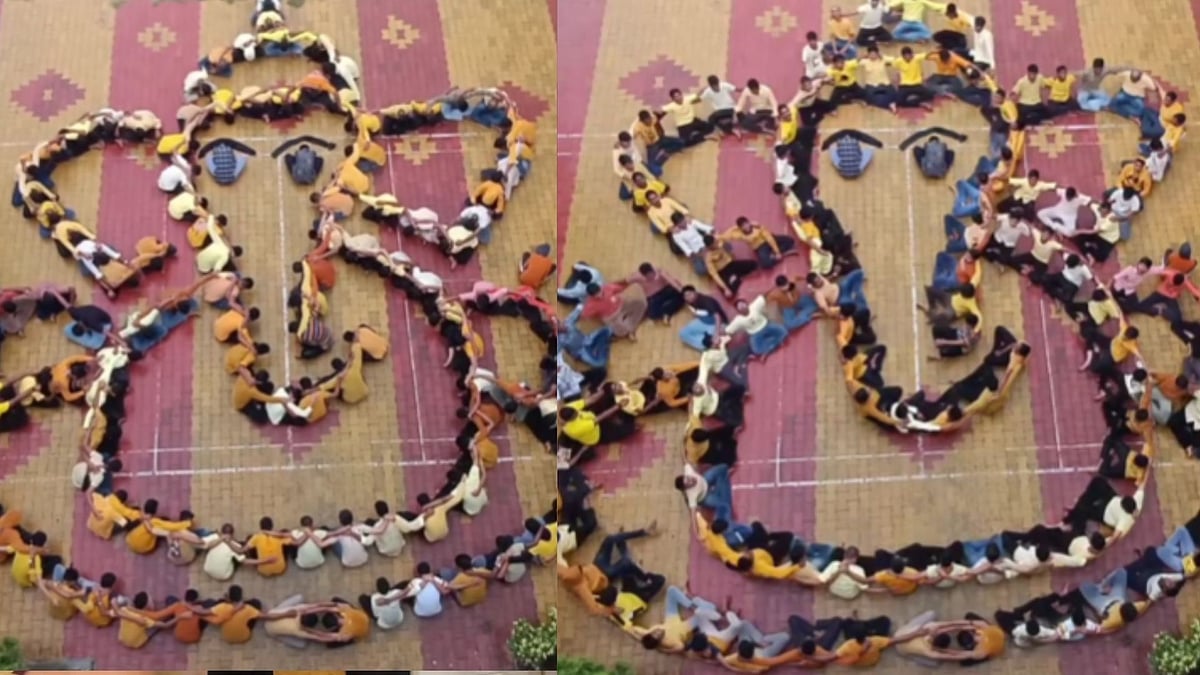Judgments acquitting alleged rapists such as Bishop Franco Mulakkal and Tarun Tejpal, reverse reforms introduced in the law on rape since the 2012 Nirbhaya rape case, freezing time after the infamous Mathura acquittal of two policemen in 1978.
In that case, the Supreme Court acquitted two policemen for raping a tribal girl inside a police station on the spurious reasoning there were no injury marks on her, which implied she had consented. Between 1956 and 2009, despite four Law Commission of India reports on the penal law of rape in India, even women judges have displayed judicial stereotypes while dealing with such cases.
So, judges like G Gopakumar from Kottayam in Kerala who acquitted Bishop Franco Mulakkal, Kshama Joshi from Goa who acquitted Tarun Tejpal and Pushpa Ganediwala who acquitted alleged child rapists, comprise judicial stereotypes who expect women to conform to typecast patterns.
After all, their judgments are opinions that mirror their mindsets dictating how they appreciate evidence from the vantage of their own background and religious beliefs. Such diabolical facts make a mockery of our justice dispensation system when a bishop is acquitted after abusing his position of power, opined retired high court judge Michael Saldanha who delivered verdicts in similar cases in both the Bombay and Karnataka high courts.
A bishop can destroy a nun spiritually by making a mockery of her vows of chastity and poverty to subjugate her through her third vow of obedience to his lust which is an abomination to canon law. This is why this mother superior was forced to complain to the police after her complaint to the pro-nuncio proved futile.
And so, judges like G Gopakumar who acquit a bishop because the alleged victim-nun did not specify the word ‘rape’ in her complaint defies logic. By putting her and others like her on trial, the Supreme Court principle that unless there are compelling reasons for the trial court to search for corroborative evidence to buttress the victim’s allegation, her sole testimony should suffice to convict the rapist, has been ignored.
This latter principle was an outcome of the Nirbhaya rape case when a woman was brutalised and thrown out of a moving bus in 2012, which led to the setting up of the Justice J S Verma Commission to reform the obsolete law on rape.
But now, these reforms have got a setback with women who are rapedunlikely to lodge complaints against their tormentors for fear of social ostracism. For a mother superior to challenge the normative beliefs of her society to prosecute her superior whom she regards as ‘second to God’ in a non-canonical court not bound by Biblical teachings, takes tremendous courage. A New Testament verse in Corinthians exhorts believers to take their disputes to Jesus Christ instead of judges from other communities.
Be that as it may, like the Tarun Tejpal rape case which reads like a manual on how an ideal rape victim should behave after the trauma, Judge Gopakumar, like Judge Kshama Joshi, makes the victim relive the trauma all over again to discard her evidence “which does not inspire confidence”. The rape victim is expected to holler and scream ‘rape’ when she sets eyes on her tormentor who is her superior, which makes the crime all the more heinous. Even though unrelated, an insensitive judiciary has provoked a woman to challenge the immunity given to judges while discharging their duties.
She has challenged section 3 of the Judges Immunity Act, which immunises them from civil or criminal action even when they are grossly negligent while discharging their duties, wrecking the lives of women victims. To discharge their duties fearlessly, all judicial officers are totally immunised from prosecution even when they act maliciously to wilfully deny justice to victims.
This woman claims she was made to suffer because a magistrate refused to hear her plea for an urgent hearing after her in-laws threw her out and deprived her of her late husband’s Rs 1000-crore business empire. Even though the high court is unlikely to dilute the total immunity given to judicial officers, this PIL indirectly points to the trauma suffered by women rape victims when they suffer humiliation during their trial.
Although the Supreme Court has laid down a rape victim’s sexual history is irrelevant in deciding whether she has been raped or not, judges allow salacious details such as the mother superior’s breast examination to prove she did not have an ‘extra nipple’ to come on-the-record. Like the unsolved murder of two nuns on November 16, 1990, at Jogeshwari in Mumbai, this alleged rape of a mother superior is heinous because it took place within the confines of a convent whose nuns have sworn celibacy, poverty and obedience.
The inconsistencies pointed out by Judge G Gopakumar are that the victim neither complained about penile penetration nor that the bishop used violence to compel this mother superior to succumb to his sexual advances. Apart from being physically stronger, the bishop acts as the nun’s mentor and spiritual guide which explains why she did not holler or scream as the court may have expected. Judge Gopakumar discarded evidence by a teacher who deposed she made a false allegation of the nun having an affair with her husband to seek vengeance against the nun. A statement made on oath has to be taken at face value.
However, the judge brought in his own predilections to state that a teacher would not lie by alleging the mother superior was allegedly having an affair with her (the teacher’s) husband. Such remarks display judicial stereotypes about rape victims. This is why a judge who tries to be clinically incisive in his judgment mixes the grain with the chaff so that justice yields to injustice for an alleged rape victim. The writer holds a PhD in law and is a senior journalist-cum-advocate of the Bombay high court.











